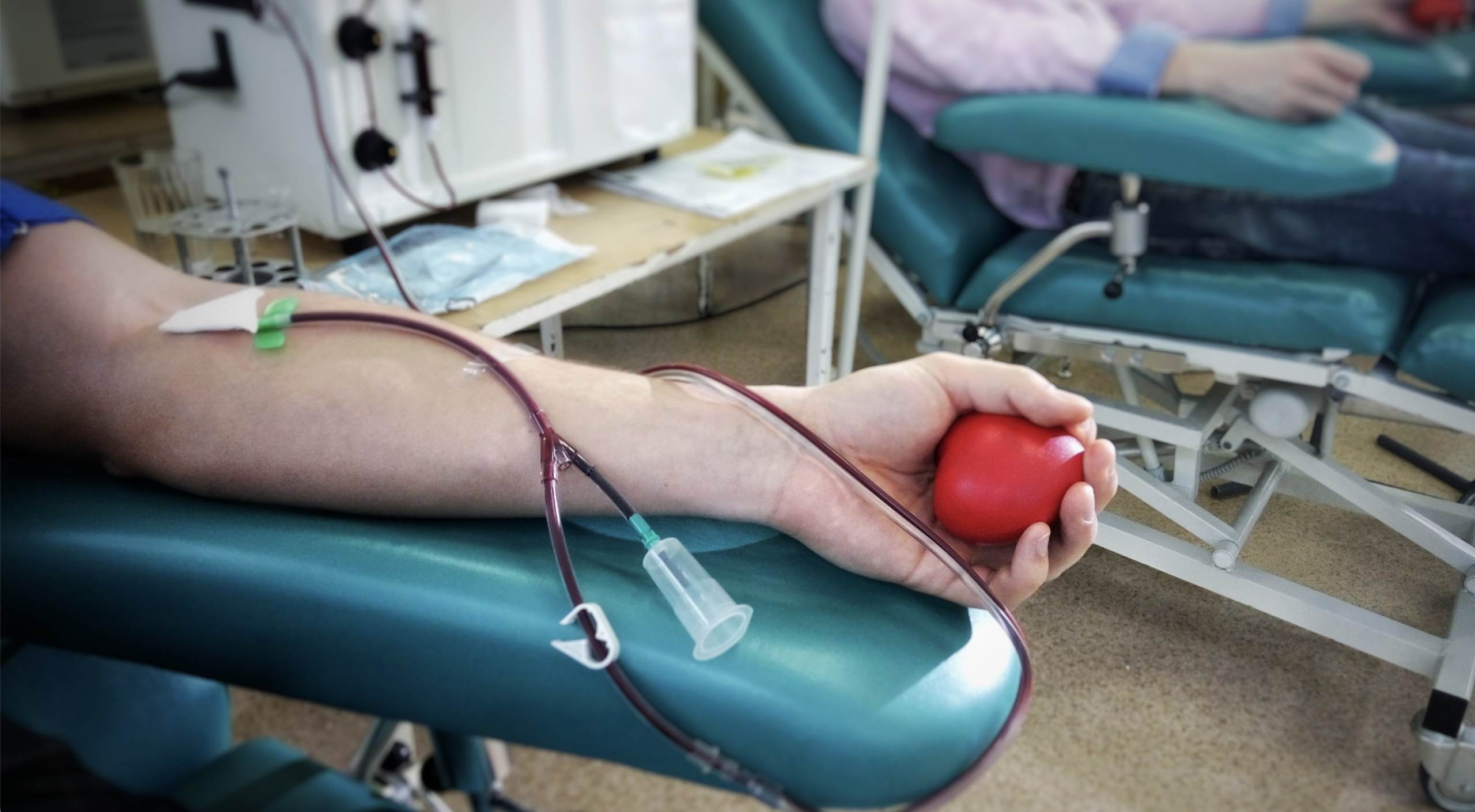

A judge ruled that Mexican tourist visa holders can legally enter the United States and accept payments for plasma donations.
“Effective immediately, anyone with a B-1/B-2 visa (including a Border Cross Card) may enter the United States to donate plasma for compensation. This is due to the Court’s Order entered into on September 16, 2022,” according to the announcement on CSL Plasma website.
Advertisement – story continues below
CSL Plasma operates one of the world’s largest and most sophisticated plasma collection networks, with more than 300 plasma collection centers in U.S., Europe and China and employs over 12,000 employees.
From their news release:
TRENDING: BREAKING: January 6 Committee Unanimously Votes to Subpoena Trump
CSL applauds the United States District Court’s decision to issue a preliminary injunction preventing the United States Customs and Border Protection (CBP) from continuing to enforce its ban on plasma donations by Mexican nationals who enter the U.S. on a B-1/B-2 visa.
The decision recognizes the critical importance of the need for plasma in the manufacture of life-saving therapies for hundreds of thousands of people. We are excited to welcome back Mexican donors to our plasma collection centers and appreciate their vital contribution to the plasma supply.
Advertisement – story continues below
We will be reaching out to Mexican national donors soon to invite them to return to our centers and continue the life-saving act of plasma donation.
Since the COVID-19 epidemic began in March of 2020, there has been a shift in the tacit acceptance of blood plasma donations. At the onset of the epidemic, DHS restricted all but “necessary travel” across land borders.
CBP’s Office of Field Operations, after a review, the Office issued a guidance memorandum on June 14, 2021 clarifying that plasma donation is considered labor for hire that is impermissible for B-1/B-2 visa holders, regardless of their “essential” classification, according to the court document.
“Effective immediately, U.S. Customs and Border Protection advises that donation of plasma for compensation in the U.S. by B1/B2 non-immigrant visa holders is a violation of the terms of their visa and crossing the border for that express purpose will no longer be permitted under any circumstances. Selling plasma constitutes labor for hire in violation of B-1 non-immigrant status, as both the labor (the taking of the plasma) and accrual of profits would occur in the U.S., with no principal place of business in the foreign country,” CBP said.
“You can’t get paid for donating blood, but you can for plasma. For thousands of Mexicans living near the U.S. border, this created an opportunity. They would cross into the U.S. on short-term visas, donate plasma and return home cash in hand. But in June of last year, the federal government closed an immigration loophole that allowed this practice. Now two international pharmaceutical companies, Grifols and CSL, are suing the government to allow these trips to resume, claiming that up to 10% of all plasma donated in the U.S. came from Mexicans crossing the border,” NPR reported.
Advertisement – story continues below
Donors can get up to $1,000 according to CSL Plasma.
After US district judge Tanya Chutkan granted the CSL Plasma motion for a preliminary injunction, the company announced on Tuesday the opening of additional plasma collection centers in Stockton and Hayward, California, bringing the number of CSL Plasma donation centers in the state to five. A sixth center in Citrus Heights is set to open in summer 2023.
According to a peer-reviewed study published in The Lancet, plasma obtained through plasmapheresis from paid donors carries a higher risk of blood-borne disease than that from unpaid donors.
From the study:
Advertisement – story continues below
In Mexico in 1986, there was an outbreak of HIV-1 infection among paid donors. We recovered frozen plasma from nine of these HIV-1-positive paid donors and measured antibodies to hepatitis C virus. No donor was an injecting drug user or reported homosexual contacts. Seven proved positive for hepatitis C infection. The paid donors are probably, therefore, infected with multiple blood-borne diseases during plasmapheresis. Paid plasma donors in less-developed countries such as Mexico, India, and China are infected with HIV-1 and hepatitis C or B virus.
Plasma obtained from less-developed countries has been trafficked through station countries, where brokers relabel its source and re-export it to the fractionation industry, as happened in Canada and Switzerland and, later, with Austria and South Africa. Thus, commercial plasmapheresis in less-developed countries puts donors and recipients at risk by contamination of the plasma pool by blood-borne pathogens.
Recipients of products derived from plasma should have the right to know the country of origin of the plasma; this information should appear in the label. Patients with hepatitis C should be asked about history of plasma selling or of having received plasma-derivative products. Many patients with unknown risk factors for hepatitis C virus can probably be placed in this risk group, as was proposed a decade ago for HIV.
Source material can be found at this site.









